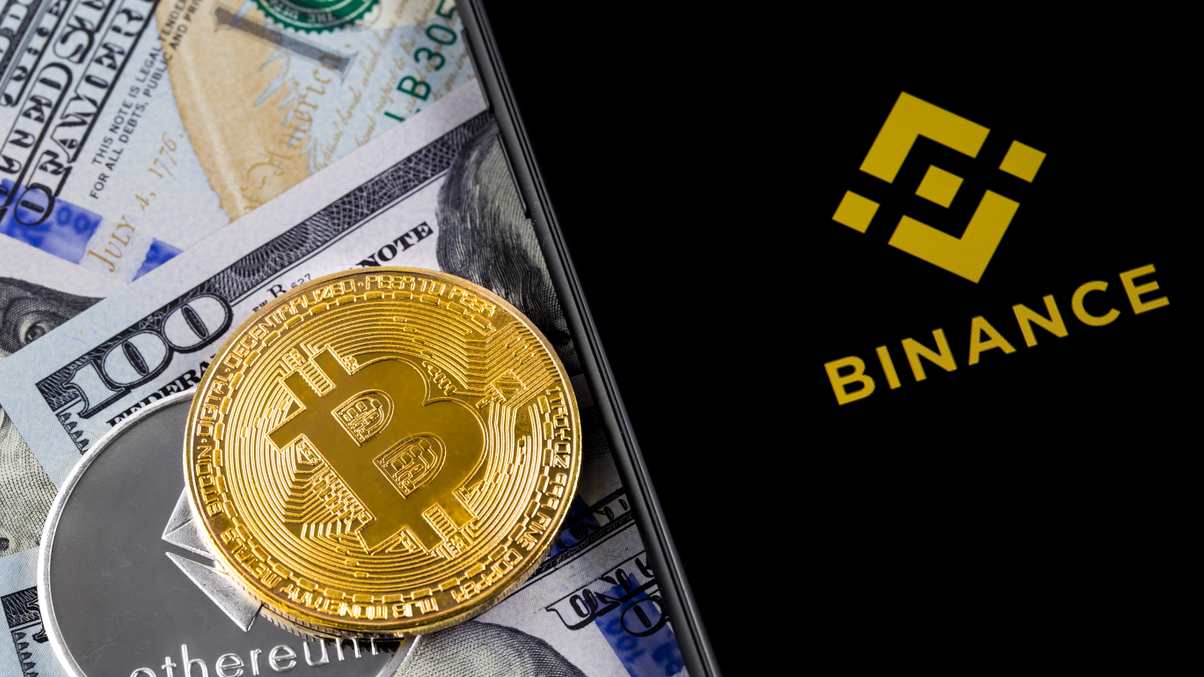Digital assets outlook 2022: All eyes on regulations as capital pours in
Regulation will play a big role in the direction that digital assets will take as many digital exchanges continue to operate in a grey area in many territories in Asia, investors and industry players say.

As digital assets grow in popularity among investors, new types of blockchain-based securities and exchanges have emerged, prompting regulators to take a stance. But rolling out frameworks take time, leaving firms and investors in regulatory limbo.
Sign in to read on!
Registered users get 2 free articles in 30 days.
Subscribers have full unlimited access to AsianInvestor
Not signed up? New users get 2 free articles per month, plus a 7-day unlimited free trial.
¬ Haymarket Media Limited. All rights reserved.


